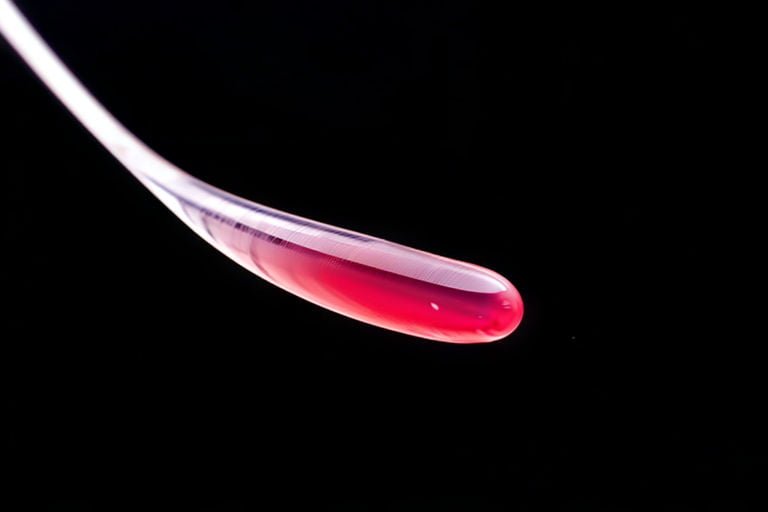We often discard watermelon seeds without realizing that they are actually a nutritious snack packed with health benefits. Watermelon seeds contain essential vitamins, minerals, and healthy fats that can support various aspects of your well-being. Let’s delve into the world of watermelon seeds and explore their remarkable benefits and versatile uses.
Nutritional Powerhouse:
Watermelon seeds are a rich source of:
- Magnesium: Crucial for muscle and nerve function, blood pressure regulation, and bone health.
- Iron: Essential for red blood cell formation and oxygen transport.
- Zinc: Supports immune function, wound healing, and cell growth.
- Healthy Fats: Rich in monounsaturated and polyunsaturated fats, beneficial for heart health.
- Antioxidants: Combat free radical damage, reducing inflammation and protecting cells.
Health Benefits of Watermelon Seeds:
- Boosts Heart Health: The healthy fats in watermelon seeds help lower LDL (bad) cholesterol and increase HDL (good) cholesterol, promoting heart health.
- Regulates Blood Sugar: Magnesium plays a role in regulating blood sugar levels, potentially reducing the risk of type 2 diabetes.
- Improves Digestion: The fiber content in watermelon seeds aids digestion, prevents constipation, and promotes gut health.
- Supports Skin Health: The antioxidants and vitamin E in watermelon seeds help protect skin cells from damage, reducing wrinkles and promoting a youthful glow.
- Enhances Energy Levels: Iron is essential for energy production, and watermelon seeds can help combat fatigue and boost energy levels.
Uses of Watermelon Seeds:
- Snack on Them Raw: Enjoy watermelon seeds as a crunchy and nutritious snack. Simply wash and dry them, and savor their nutty flavor.
- Roast Them for a Flavorful Treat: Roast watermelon seeds in the oven or a pan for an enhanced flavor and a satisfying crunch. Add them to salads, trail mixes, or yogurt.
- Grind Them into Flour: Dry and grind watermelon seeds into a flour that can be used for baking bread, cookies, or adding a nutty twist to other recipes.
- Extract Oil for Culinary and Skincare Purposes: Watermelon seed oil is rich in vitamin E and has a neutral flavor, making it suitable for cooking or as a base for skincare products.
Incorporating Watermelon Seeds into Your Diet:
- Add Them to Salads: Sprinkle roasted or raw watermelon seeds on salads for a boost of texture, flavor, and nutrients.
- Enjoy Them as a Trail Mix Ingredient: Combine watermelon seeds with nuts, dried fruits, and other trail mix ingredients for a wholesome and portable snack.
- Incorporate Them into Granola Bars: Add watermelon seeds to your granola bar recipe for a crunchy and nutritious twist.
- Bake Them into Muffins or Bread: Ground watermelon seeds can be incorporated into muffins, bread, or other baked goods for added fiber and protein.
- Experiment with Watermelon Seed Butter: Make your own watermelon seed butter by roasting, grinding, and blending the seeds with a touch of oil and sweetener.
Conclusion:
Watermelon seeds, often overlooked, are nutritional gems packed with health benefits and culinary versatility. From boosting heart health to enhancing skin health, these tiny seeds can make a significant contribution to your well-being. Embrace the goodness of watermelon seeds and incorporate them into your diet for a healthier and tastier lifestyle.
Remember:
- Consume watermelon seeds in moderation as excessive intake may cause digestive issues.
- Consult a healthcare professional if you have underlying health conditions before incorporating watermelon seeds into your diet.
Enjoy the benefits and versatility of watermelon seeds, and discover a world of wholesome goodness hidden within these tiny nutritional powerhouses.









